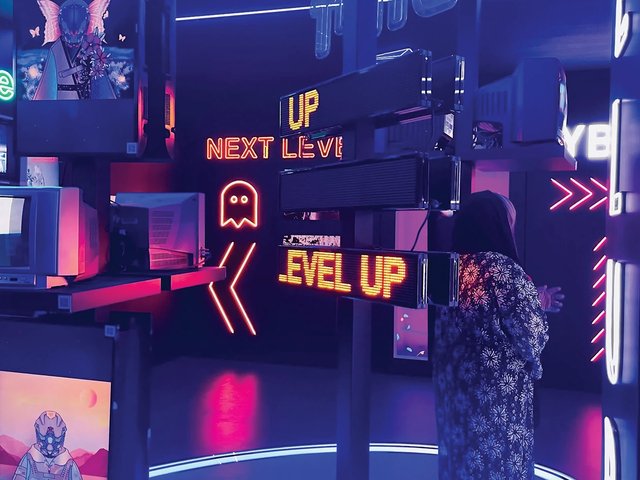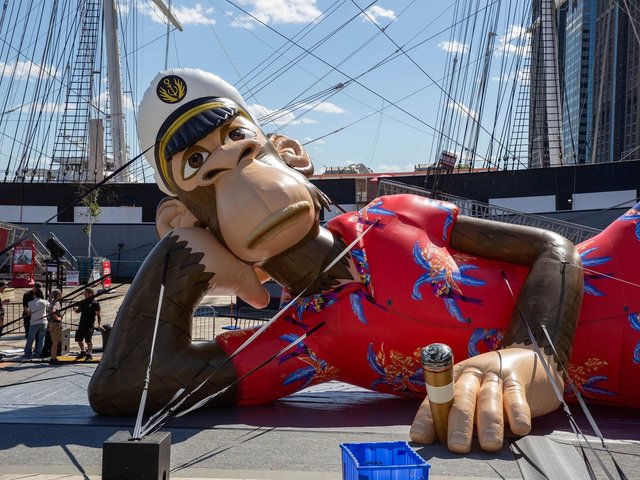OpenSea, the largest non-fungible-token (NFT) marketplace still in the business of enforcing resale royalty payments to artists, announced on 17 August that it plans to suspend the mandatory collection of artist resale fees.
As the NFT market continues its decline from the crest of web3’s runaway popularity in 2021, OpenSea’s move to transform one of the most attractive aspects of blockchain trading for artists into an at-will tipping system echoes broader industry trends towards austerity. Starting in March 2024, sellers will have the option to give artists a percentage of the original sale price, a shift from the guaranteed resale model of years past. The OpenSea Operator filter, through which users set their desired royalty payment percentage, will sunset on 31 August.
This decision did not happen in a vacuum—Blur, which is now the biggest NFT marketplace by volume, enforces a minimum .5% royalty fee on the majority of its collections. Royalty payments to creators across the sector peaked in April 2022, reaching ETH 28,000 (nearly $76m) in a single week of creator earnings. By comparison, in June 2023's peak week creators collectively earned ETH 2,000 (around $3.8m). Creators themselves typically set their fees at 5% to 10%, a range that matches OpenSea’s original policy.
The platform's discontinuation of its royalty tool has inspired dismay from NFT industry figures like investor Mark Cuban, who called OpenSea’s choice a “HUGE mistake” that “diminished trust in the platform and hurts the industry” in a post on X, formerly known as Twitter.
The founders of Yuga Labs, best known for the Bored Ape Yacht Club and Cryptopunks NFT collections (and related copycat lawsuits), also spoke out against the decision, announcing that they would phase out NFT projects on the OpenSea marketplace starting in February 2024 as a result of the policy change. In a statement, Yuga Labs chief executive Daniel Alegre said, “For as much as NFTs have been about users truly owning their digital assets, they’ve also been about empowering creators. Yuga believes in protecting creator royalties so creators are properly compensated for their work.”
On @opensea's decision to sunset their Operator Filter. pic.twitter.com/ahc155WWkX
— Yuga Labs (@yugalabs) August 18, 2023
According to data collected by Ninjalerts, the Ethereum tracking app, and published by NFTnow, Yuga Lab’s 30-day trading volume is approximately 80% the size of OpenSea’s, which which would make the company's departure a devastating blow to OpenSea's revenue. While the “vast majority” of trading in Yuga Labs' tokens does not take place on OpenSea, a drop of just 15% could still bode badly for the platform’s bottom line.
The founder of the popular NFT project DeadFellaz, Betty, also sounded off on X, stating in a post, “Hollywood is out protesting for royalties while supposedly progressive web3 companies like OpenSea answering web2 problems are moving backwards on it and becoming part of the problem themselves. The result? The creators that provided them their profit turn their backs on them.” Betty went on to call for an industry-wide boycott of OpenSea.






